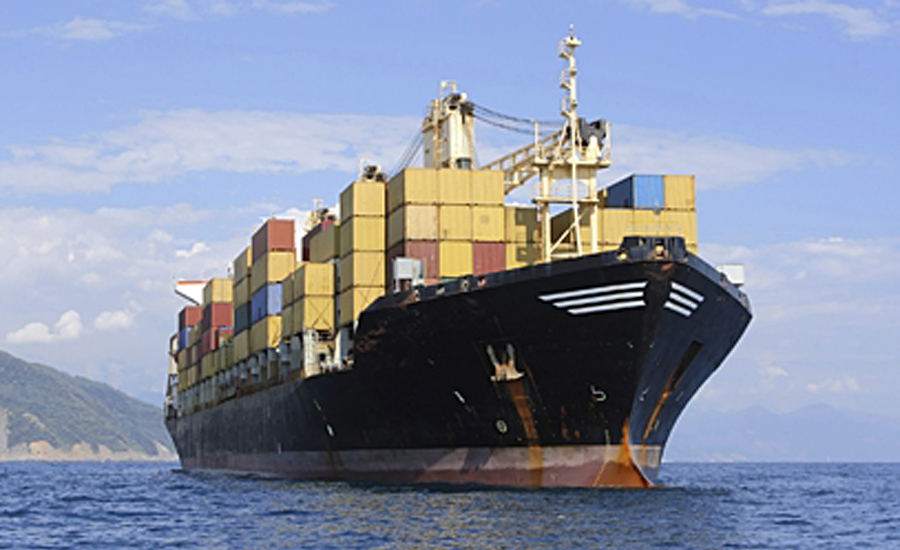Study: Container shipping rates have bottomed out, forecast to rise
Liner shipping has had a torrid time so far in 2016, with spot freight rate volatility reaching unprecedented levels.

Container freight rates are forecast to rise modestly over the next 18 months from the all-time lows reached recently, but this will not be sufficient to rescue the industry from substantial losses in 2016, according to the latest “Container Forecaster” report published by global shipping consultancy Drewry, London.
Liner shipping has had a torrid time so far in 2016, with spot freight rate volatility reaching unprecedented levels, while unit industry income fell to record lows. There are distinct parallels between what is happening now and the depths of the 2008-09 global financial crisis. Drewry estimates that container carriers collectively signed away $10 billion in revenue in this year’s contract rate negotiations on the two main East-West trades. With annual Transpacific contract rates as low as $800 per 40 feet to the U.S. West coast and $1,800 per 40 feet to the U.S. East coast, carriers have done exactly what they did back in May 2009 in a desperate attempt to retain market share.
With first quarter head-haul load factors at around 90%, there was no logical reason for carriers to sign so much revenue away in one fell swoop. While spot rates on the core trades have significantly improved after the July 1 GRIs, it is still too early to predict if carriers have suddenly changed their approach to commercial pricing.
The recent decision by the G6 lines to take a weekly loop out of the Asia-North Europe trade is a positive move. But, similarly pragmatic and proactive measures will be necessary across other sick trades if recent improvements are to gain momentum. While the new alliance structures are bedding in between now and April 2017, this work will take some time yet.
Indeed, after some good repair work in the Asia to East Coast South America trade, which improved spot rates from a lowly $100-200 per 40 feet back up to over $2,500 per box, the industry can only wait and see what happens elsewhere.
“For 2017, Drewry anticipates a slightly brighter picture with global freight rates forecast to improve by about 8%,” says Neil Dekker, Drewry’s director of container research. “Carriers are expected to take some action to address overcapacity as cashflow attrition becomes more urgent and BCO (beneficial cargo owner) rates rise from this year’s lows. But, once again, this cannot be seen as a genuine recovery since these so-called improvements must be set in context against the unnecessarily big rate declines seen in both 2015 and 2016.”
Looking for a reprint of this article?
From high-res PDFs to custom plaques, order your copy today!




